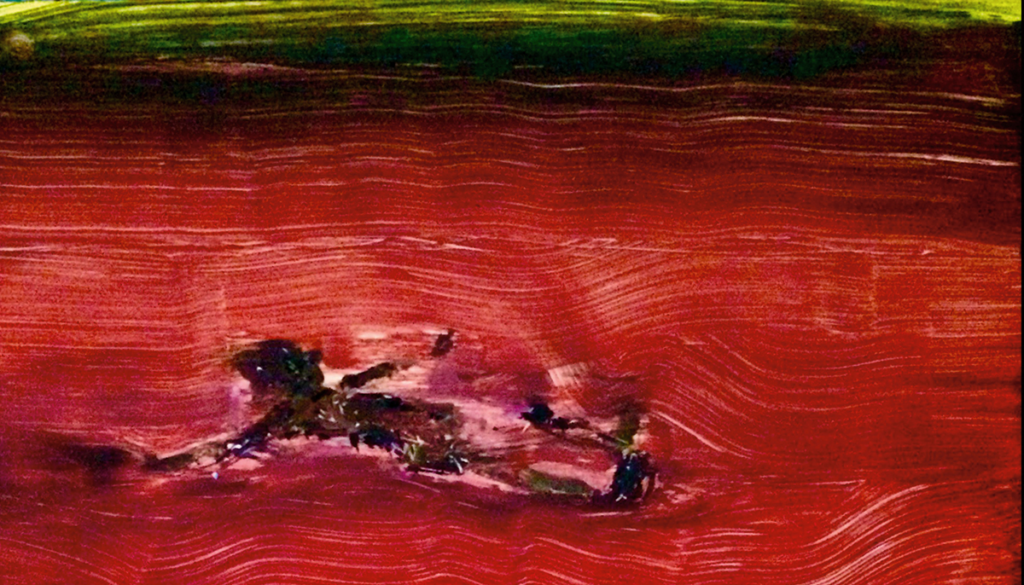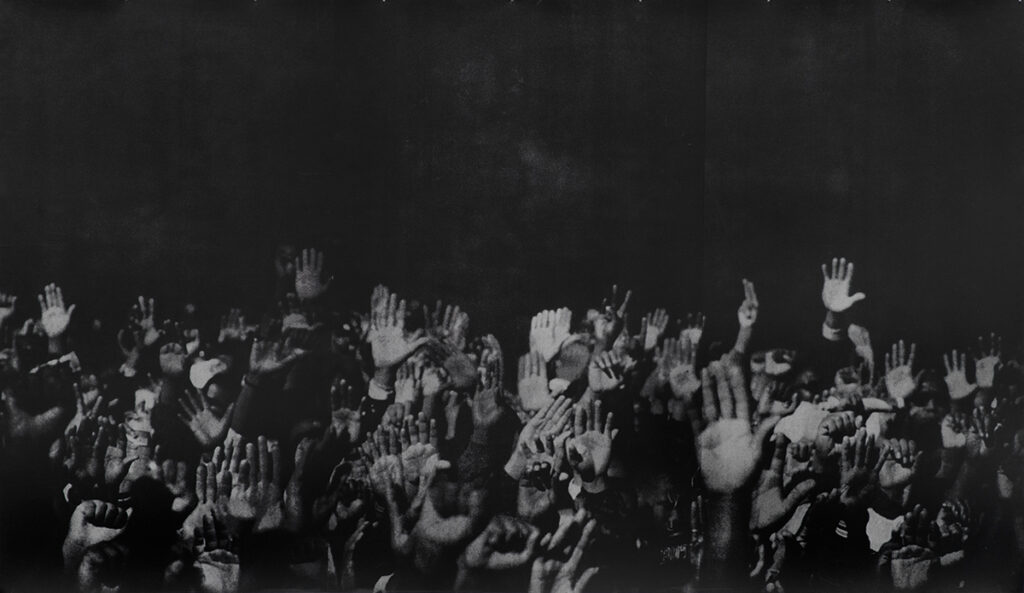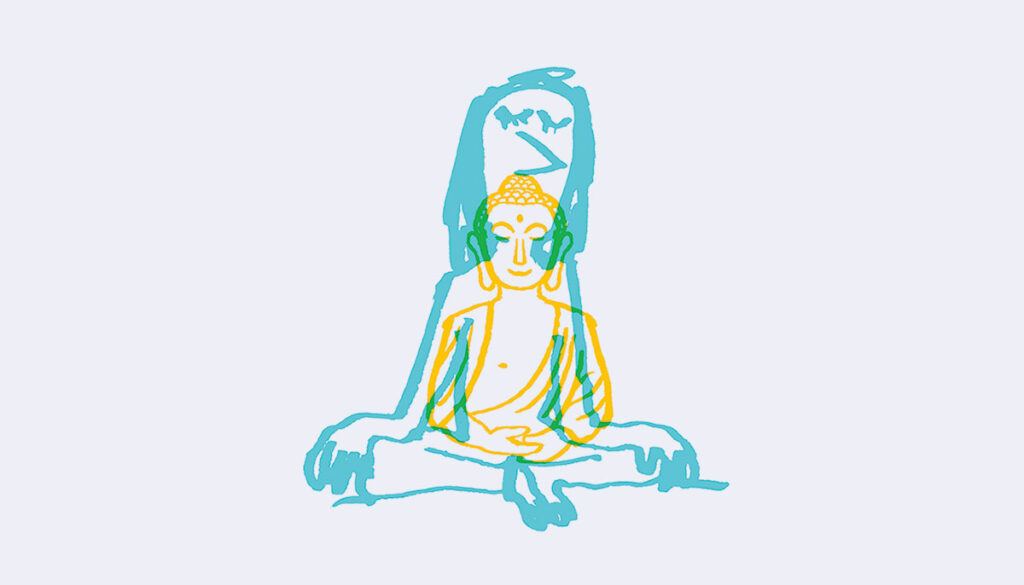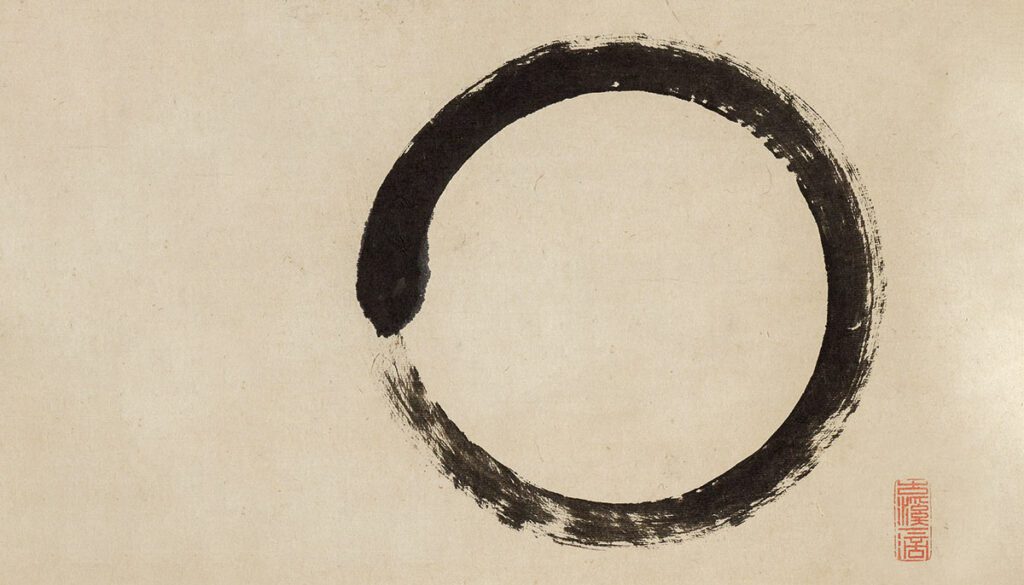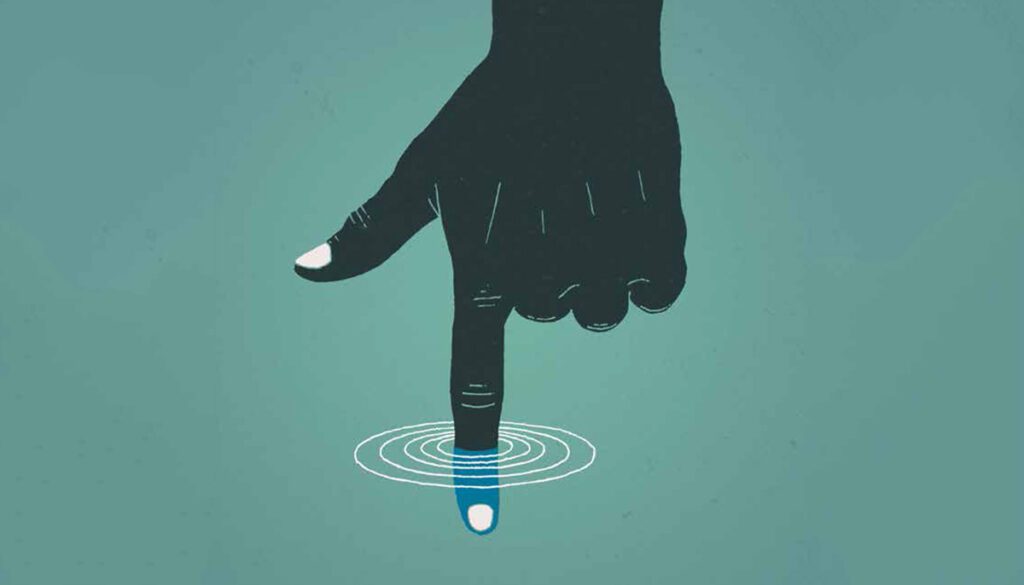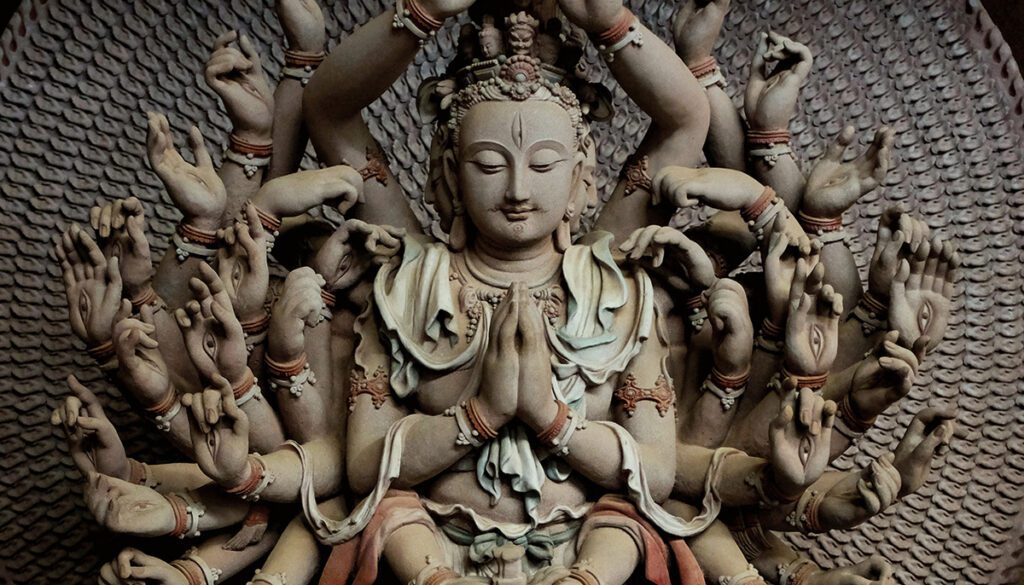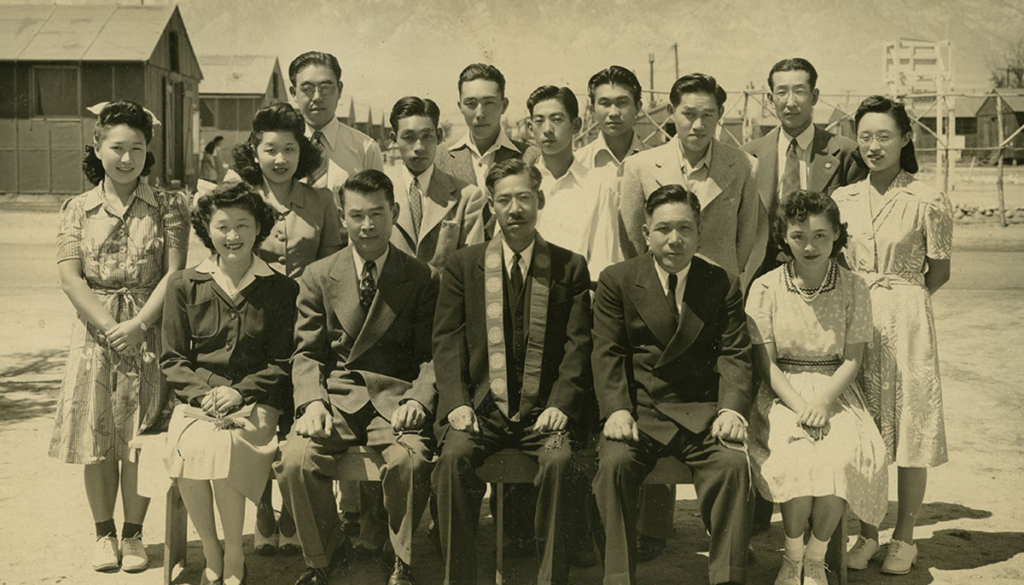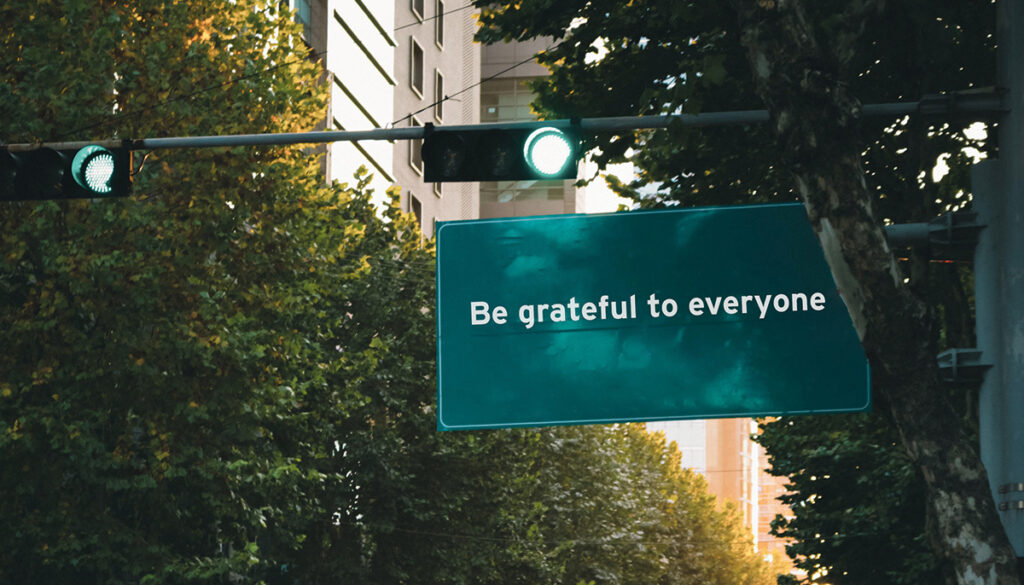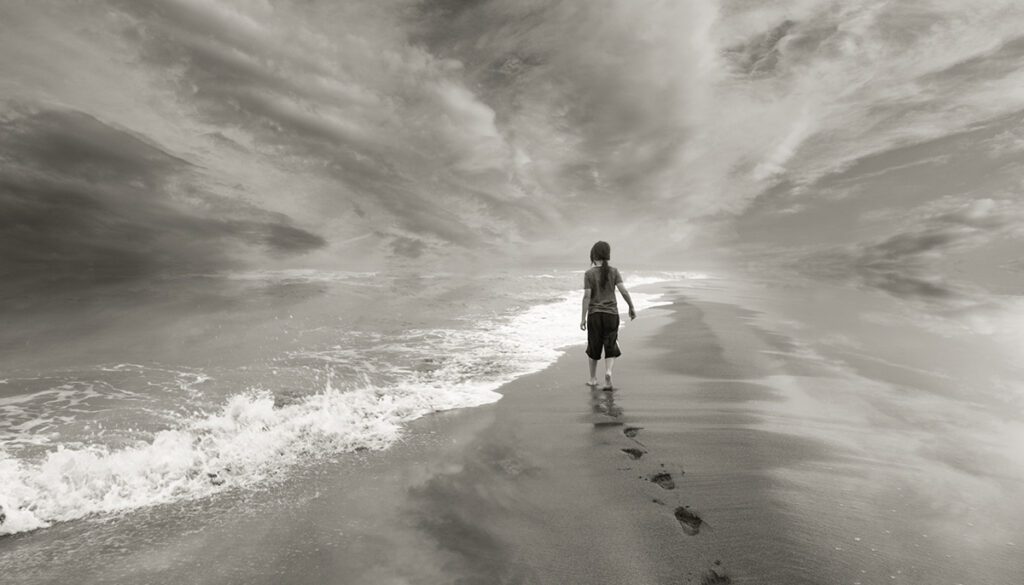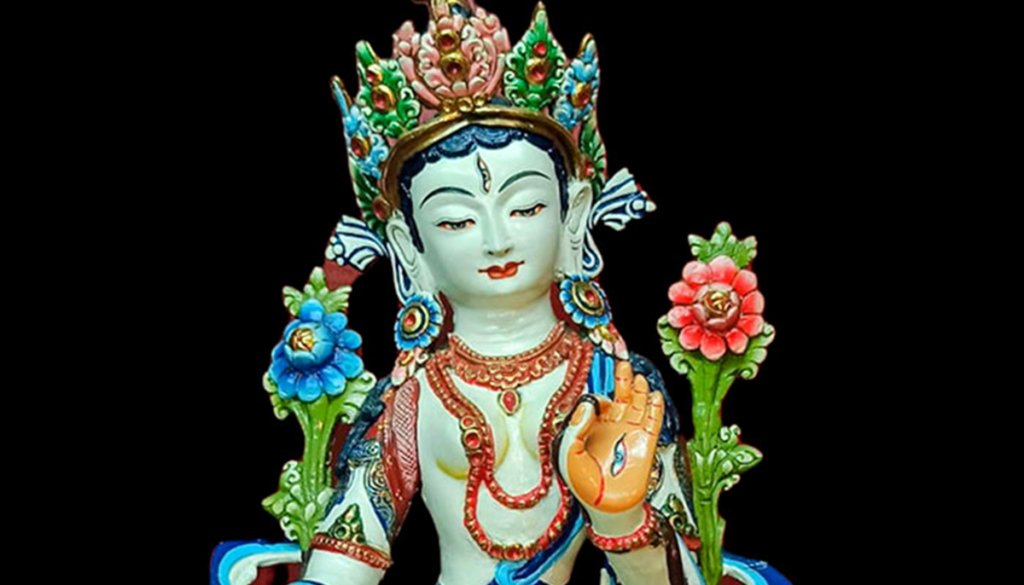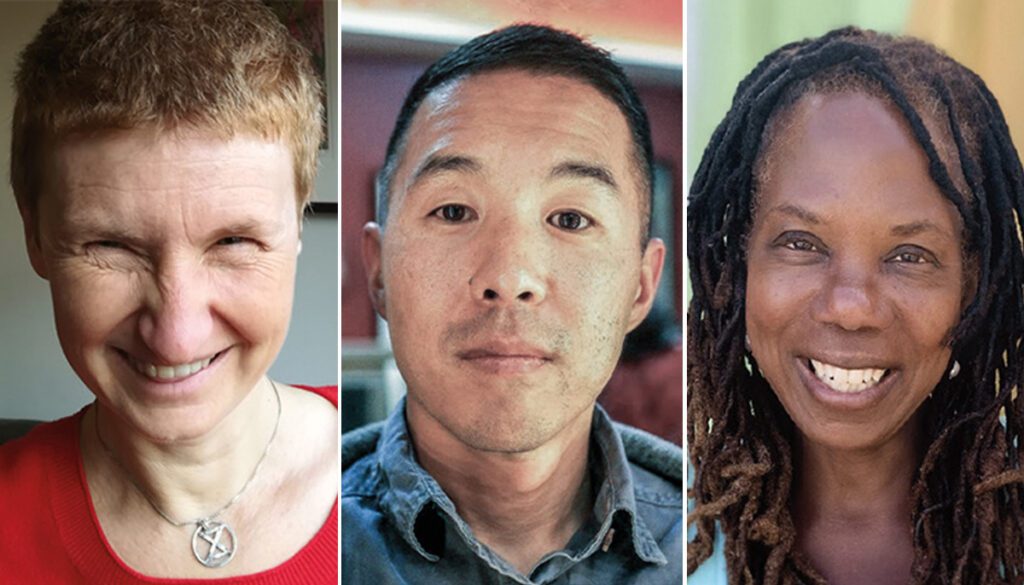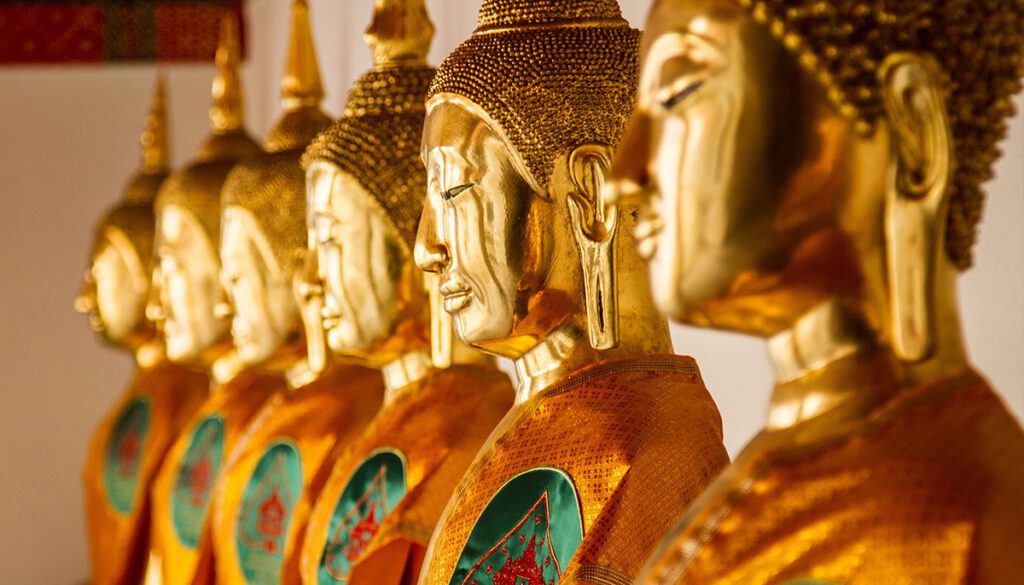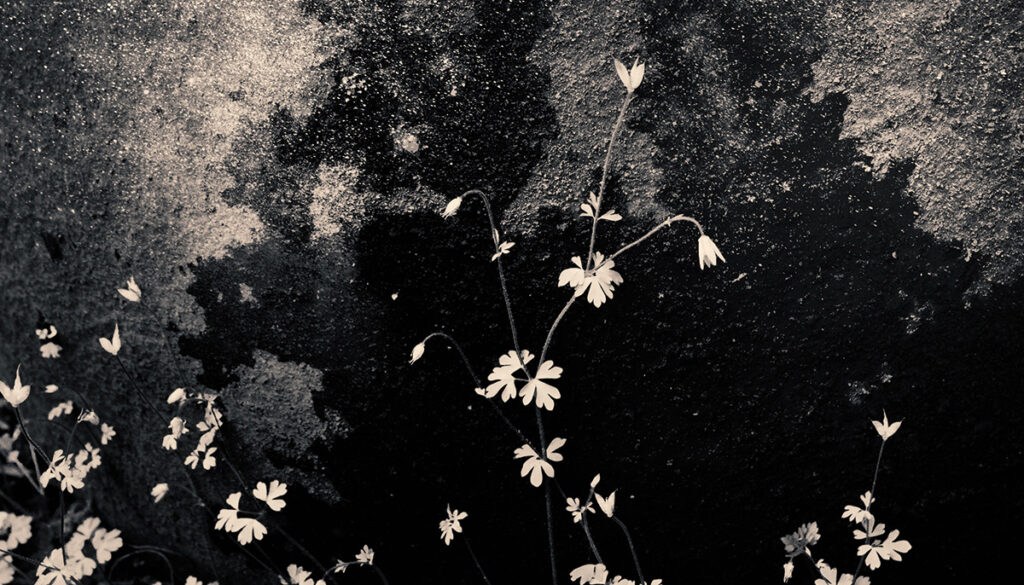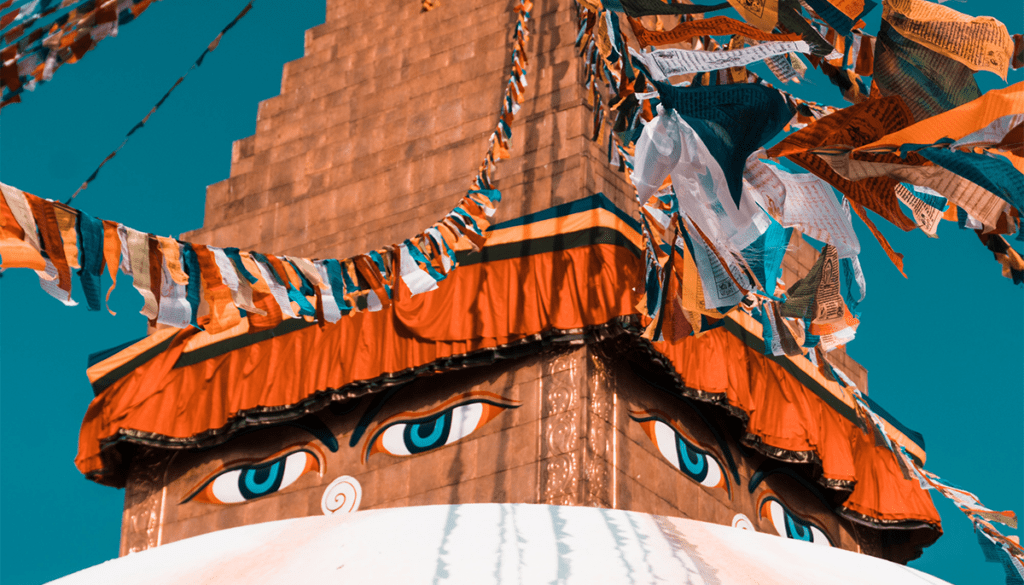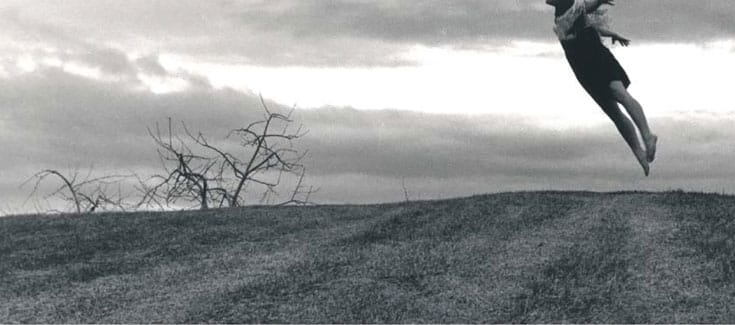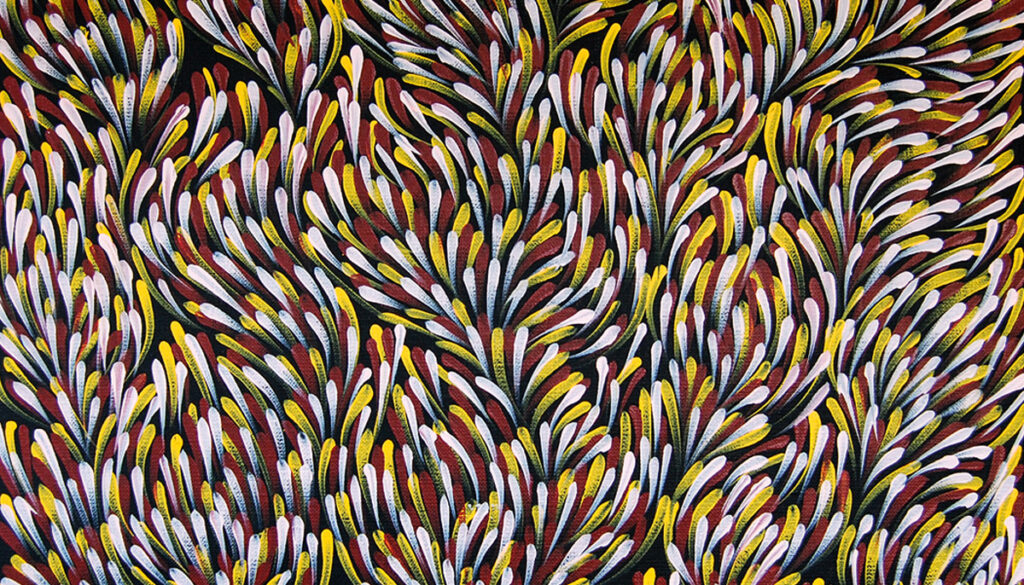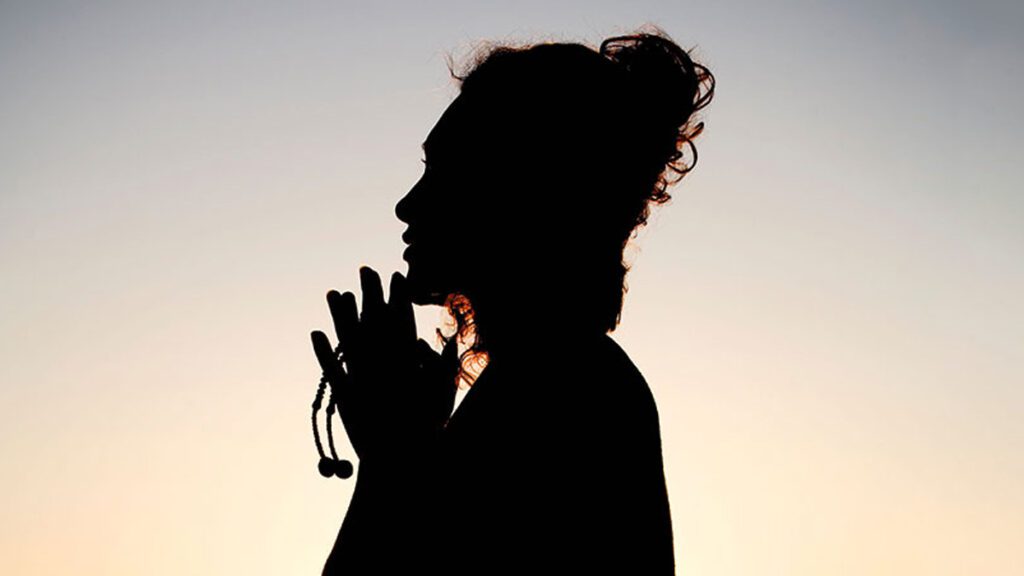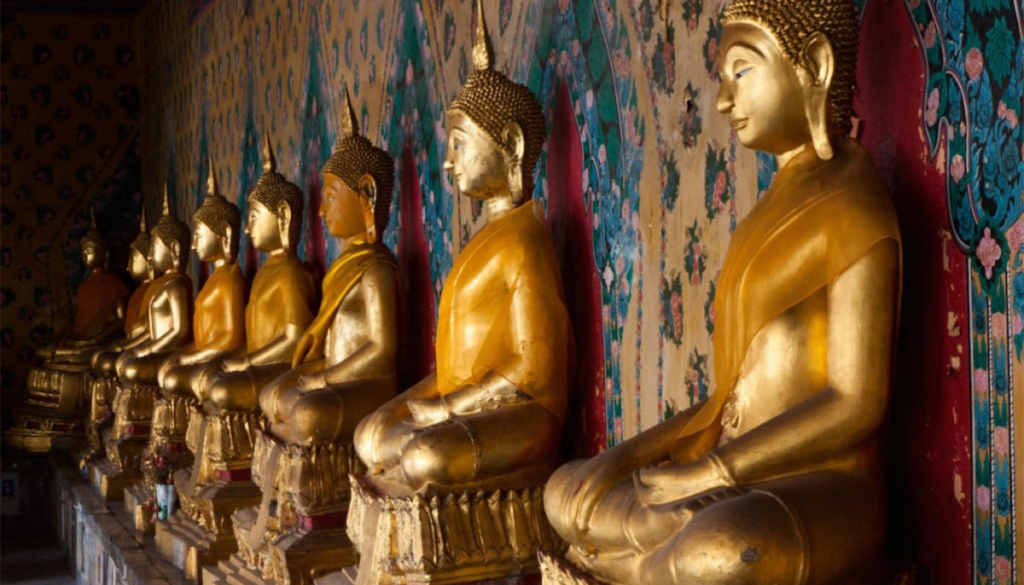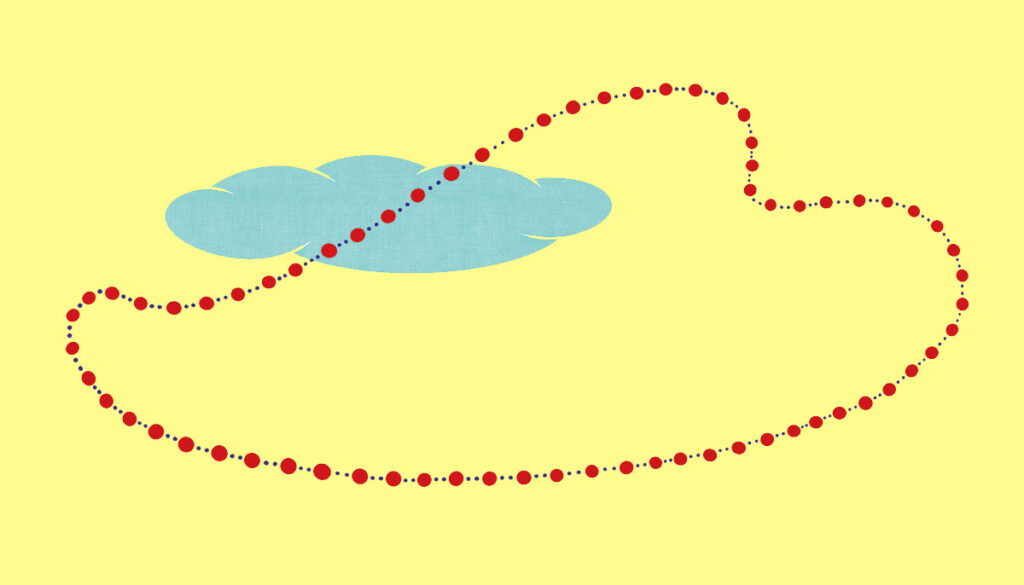Category: Buddhadharma
When We Have No Choice
Sometimes, says Pema Khandro, there’s no way out. It’s at those times that we can discover the depth and resilience of the mind.
The Time for Black Sanghas Has Arrived
Vimalasara (Valerie) Mason-John explores the obstacles and opportunities presented by all-Black sanghas.
Buddhanature: You’re Perfect As You Are
Why feel bad about yourself when you are naturally aware, loving, and wise? Mingyur Rinpoche explains how to see past the temporary stuff and discover your own buddhanature.
There Is No Teacher of Zen
It’s a paradox, says Hokuto Daniel Diffin. No one can teach you Zen, but you need a teacher to understand that.
The Four Immeasurables Leave Nothing Untouched
If you don’t want your happiness to impede that of someone else, says Vanessa Zuisei Goddard, practice the four immeasurables.
Your Whole Body is Hands and Eyes
Ejo McMullen on the total response of Avalokiteshvara — with a thousand arms, an eye on the palm of each hand — as the model of the bodhisattva path.
The Pure Land Is in the West
Jean-Paul Contreras deGuzman on the hidden history of Pure Land Buddhists in America.
59 Ways to Turn Your Mind Around
The way to bodhicitta, the mind of compassion, is marked by the fifty-nine lojong slogans. Gaylon Ferguson points us in the right direction.
The Mind That Knows Itself
Until we begin to make the distinction between observing thoughts and observing the knowing mind, writes Ayya Dhammapida, "we have not yet begun to study or to experience the mind directly."
Imagine You Are a Buddha
In this second part of his series on tantra, Mingyur Rinpoche explains how visualization practice helps us recognize our buddhanature.
How can I frame my dharma practice in more positive terms?
Satya Robyn, Harry Um, and Valerie Brown discuss the "positive" and "negative" focuses of Buddhist practice.
Our Traditions Can — and Must — Change
Even as we uphold tradition, says Justin von Bujdoss, we also have to leave room for it to grow.
Everything Is Enlightenment
Enlightenment is everywhere we look, says Joan Sutherland — we can choose to notice it, but at the same time, we can also trust that it will find us, wherever we are.
The Complete Practice
Pamela White completes eight cycles of the intense purification process known as nyoungne, and finds it a joyous experience.
Our Path Is Limitless and Vast
While women may feel constrained by Buddhist institutions, the dharma itself poses no such limitations, says Joan Sutherland.
Comparing Mahamudra and Dzogchen
Tulku Urgyen Rinpoche (1920–1996) on the differences between Mahamudra and Dzogchen—and the relationship between them.
When Sadness Rages Like Fire
Pema Khandro Rinpoche shares the life of the Tibetan yogi Shabkar, whose practice and teachings were inseparable from loss and grief.
Chanting for Buddhahood
Shodaigyo meditation combines silent sitting with chanting to the beat of a drum. Ryuei Michael McCormick on how to do this calming yet exhilarating practice.
Full-Stop Mind
The late Burmese teacher Mahasi Sayadaw helped to revitalize the Vipassana tradition with his precise teachings on meditation. His student Bhante Bodhidhamma presents Mahasi’s simple and direct method for slowing down and ultimately halting conceptual thinking.
The Golden Chain: Guide to a Life of Love
The Golden Chain is a traditional recitation within American Shin Buddhist communities. For Camille Hamilton Pating, it comes as naturally—and joyfully—as saying the Name of Amida Buddha.
